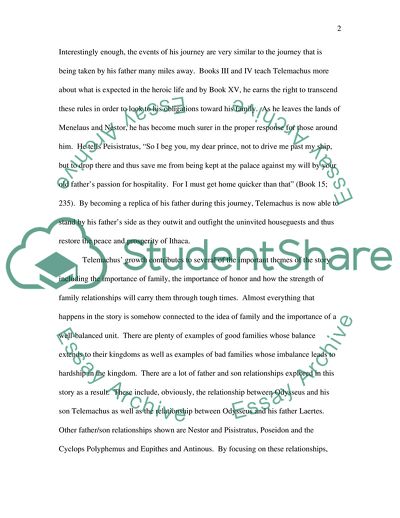Cite this document
(The Character of Odysseus Essay Example | Topics and Well Written Essays - 2000 words, n.d.)
The Character of Odysseus Essay Example | Topics and Well Written Essays - 2000 words. https://studentshare.org/literature/1728231-odyssey
The Character of Odysseus Essay Example | Topics and Well Written Essays - 2000 words. https://studentshare.org/literature/1728231-odyssey
(The Character of Odysseus Essay Example | Topics and Well Written Essays - 2000 Words)
The Character of Odysseus Essay Example | Topics and Well Written Essays - 2000 Words. https://studentshare.org/literature/1728231-odyssey.
The Character of Odysseus Essay Example | Topics and Well Written Essays - 2000 Words. https://studentshare.org/literature/1728231-odyssey.
“The Character of Odysseus Essay Example | Topics and Well Written Essays - 2000 Words”. https://studentshare.org/literature/1728231-odyssey.


